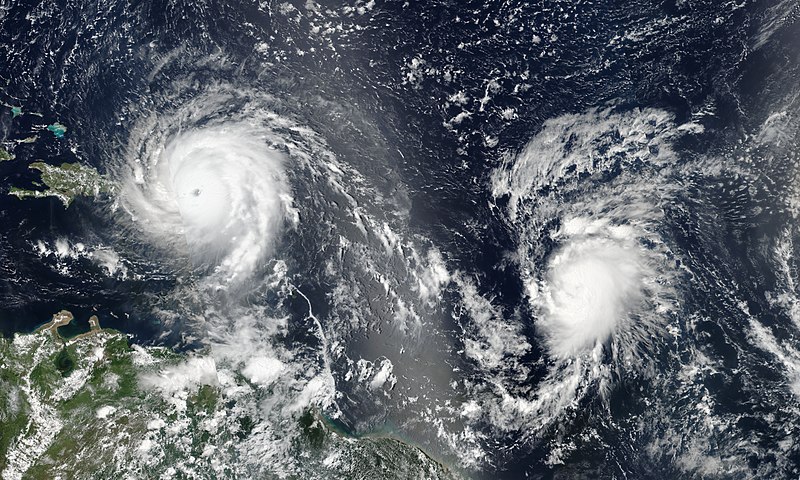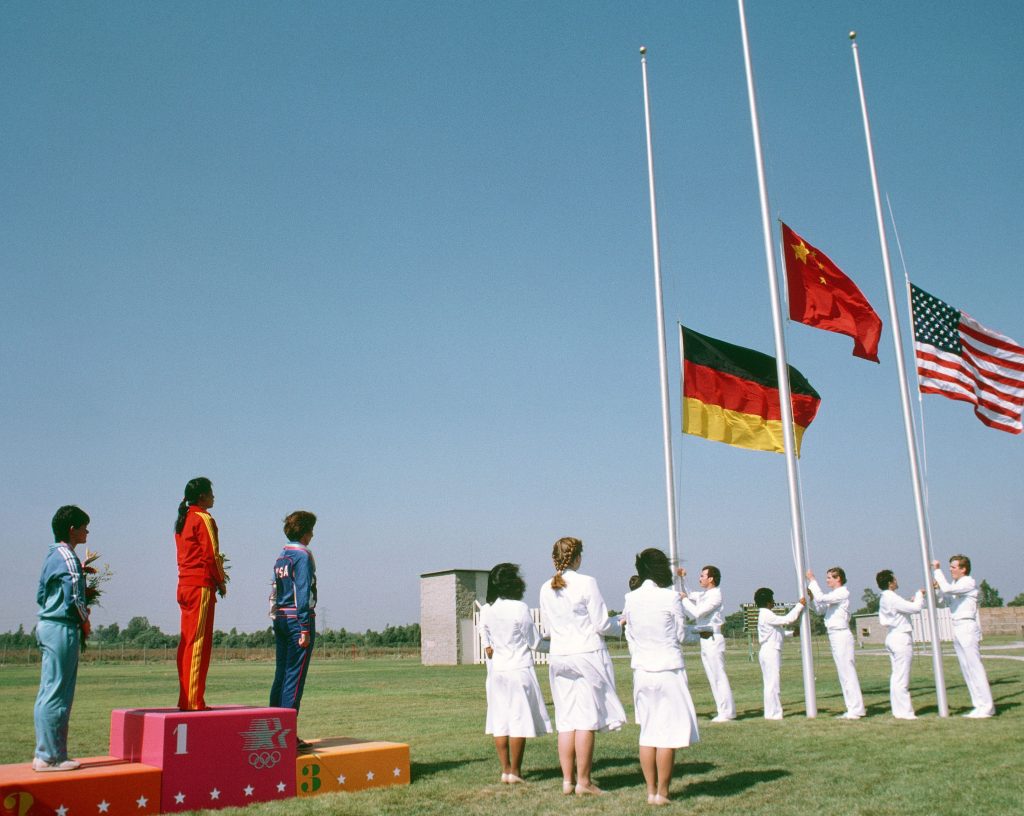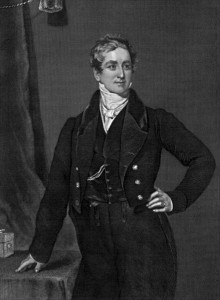Is there any end to the flow of paranoid conspiracy theories seeded in the internet ocean? Like hurricanes, they seem to proceed implacably, one after the other. Not only do we have the illuminati, the reptilians, the 9/11 conspiracy theories, and the revival of flat earth beliefs, but more recent theories seem to suggest that almost no action is so bad that it can’t be attributed to the mysterious ‘deep state’. There were some who alleged that the Sandy Hook shootings were a set up, and now – before the hurricane has even struck the coast of Florida, there are those who allege that the hurricane itself is the creation of the all-manipulating authorities.  What distresses me about the rising tide of conspiracy theory is the way in which closed loops of confirmation bias are increasingly fed by the ‘echo chamber’ effect of social media, aided by the widespread lack of the kind of critical thinking skills required to challenge them. The effects feed not only disinformation, but quite unnecessary social and political conflict. Just when everyone needs to be on the same side, dealing with enormously traumatic events, they end up undermining the whole basis of experiential judgement on which common humanity could develop. Although as I write, Hurricane Irma has not yet hit Florida, the consequences of a section of the population seriously believing that it’s all been set up by the US government can hardly seem anything but deeply insulting to those who will shortly doubtless risk (and possibly lose) their lives to save others, in the service of the very same public authorities who are being blamed for the disaster by these conspiracy theorists.
What distresses me about the rising tide of conspiracy theory is the way in which closed loops of confirmation bias are increasingly fed by the ‘echo chamber’ effect of social media, aided by the widespread lack of the kind of critical thinking skills required to challenge them. The effects feed not only disinformation, but quite unnecessary social and political conflict. Just when everyone needs to be on the same side, dealing with enormously traumatic events, they end up undermining the whole basis of experiential judgement on which common humanity could develop. Although as I write, Hurricane Irma has not yet hit Florida, the consequences of a section of the population seriously believing that it’s all been set up by the US government can hardly seem anything but deeply insulting to those who will shortly doubtless risk (and possibly lose) their lives to save others, in the service of the very same public authorities who are being blamed for the disaster by these conspiracy theorists.
In many ways, a conspiracy theory is no different from any other absolute belief. Those in the grip of an absolute belief do not weigh up the evidence and select the most likely explanation for it: rather they select evidence that fits the beliefs that obsessive desire or anxiety are urging on them, and ignore or dismiss all alternatives. In this respect conspiracy theorists are no different from medieval dogmatists – they just have access to better communications technology. They trade on uncertainty, pointing out that there is no way of disproving their belief, but completely ignore that the same point applies to a wide range of other possible competing beliefs that can also not be disproved. Unrealistically expecting disproof, they remain attached to their conspiracy theory in its absence, but can only do so because the comparison of probabilities simply does not figure in their thinking. Any challenge to the theory is likely to be seen as under the deluded spell of the all-powerful conspiracy that otherwise rules the world. By maintaining and spreading such beliefs, too, social capital is earned by gaining prominence in the in-group, whilst to seriously question their basis is to risk that status and thus risk rejection by that group.
Those who attempt to offer ‘facts’ to refute conspiracy theories merely feed them by providing more of the same absolute language. The whole context in which they exist is one of dualistic opposition, so that the direct opposing of one ‘fact’ by another reinforces defensiveness. It is only by becoming reflectively more aware of the limitations of our knowledge, as well as positively confident in justified belief, that we can start to disentangle the kind of thinking that fuels conspiracy theories. By holding off from claims about ‘truth’ and ‘falsehood’, but nevertheless investigating justification, we would be practising the Middle Way.
The belief that Hurricane Irma is created by the US government, like most other conspiracy theories, involves a weight of assumptions that make it vastly improbable when you start to consider those assumptions. The video that I linked above merely argues that there is a record of the US government researching and testing weather manipulation in the past, but gives no evidence at all that weather manipulation on the scale that would be required to either create or stop a hurricane is or ever will be possible. Even if it was, a large number of people would have to be in on the plot, and the government would have to have some kind of motive for doing it (the video falls into its nadir of incoherence when trying to explain why on earth the US government would want to engineer Hurricane Irma). But, of course, mere improbability and weight of assumption does not figure at all for a conspiracy theorist. The shadowy authorities are powerful enough – so they can do anything, it seems.
The role that these shadowy authorities play (the ‘deep state’, the ‘liberal establishment’ and its ‘fake news media’, the Communists, the Reptilians etc.) is very similar to that played by God in medieval times. The vaguer the actor the better, so that any inconvenient new developments can be readily attributed to it . It’s not necessary to offer any allegations about who exactly did what, since a vague suspicion is actually more powerful in inducing this kind of absolute belief. This shadowy authority is also, in Jungian terms, a projected archetype: an open potential that we have for power in ourselves is attributed to something beyond us.
But for those watching the video offering ‘proof’ of such a conspiracy theory, these considerations are unlikely to figure. In order to maintain critical awareness, the alternatives need to be available to you whilst you are watching such a video, or at least immediately afterwards. That for many people they obviously are not seems to be more than anything due to gaping holes in our education systems, which still leave many people without any practice in exercising that critical awareness. All the rest of us can do, I think, is try to support others in thinking things through, whilst trying to avoid simply inducing a dismissive reaction through too direct a challenge. Together with that, we can positively acknowledge the archetypes in us, not out there, and positively investigate the complexity of causation in an event like a hurricane, which may be our fault in some respects (looking at the wider context of climate change) but not in others. As the hurricane heads across the straits, my thoughts are with the people it is about to strike. For their sake, if for nobody else’s, please do not uncritically share conspiracy-mongering!
Picture: Hurricanes Irma and Jose on 6th Sept 2017, NASA (public domain)





